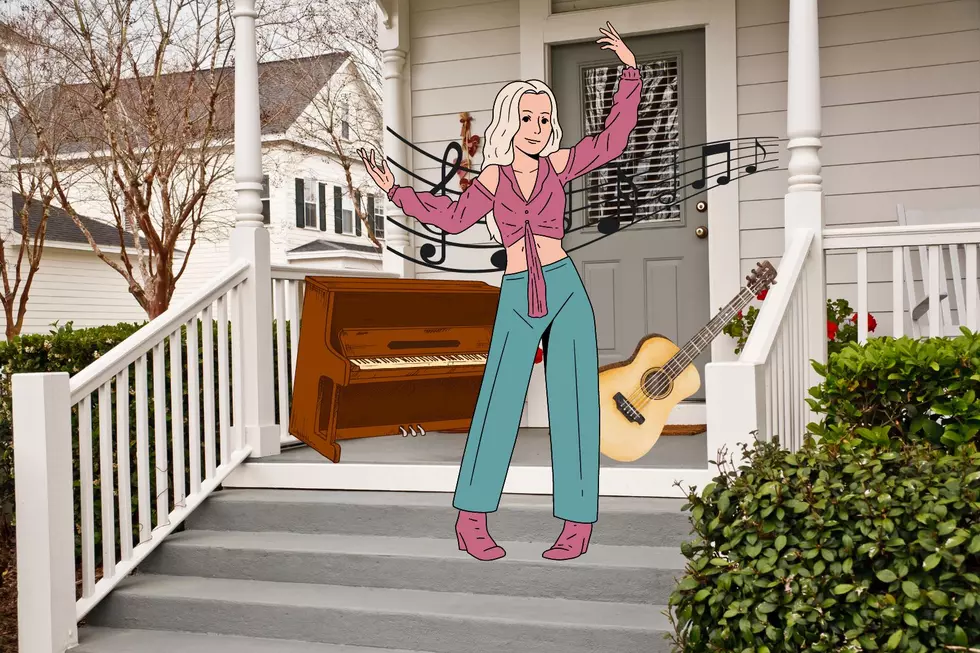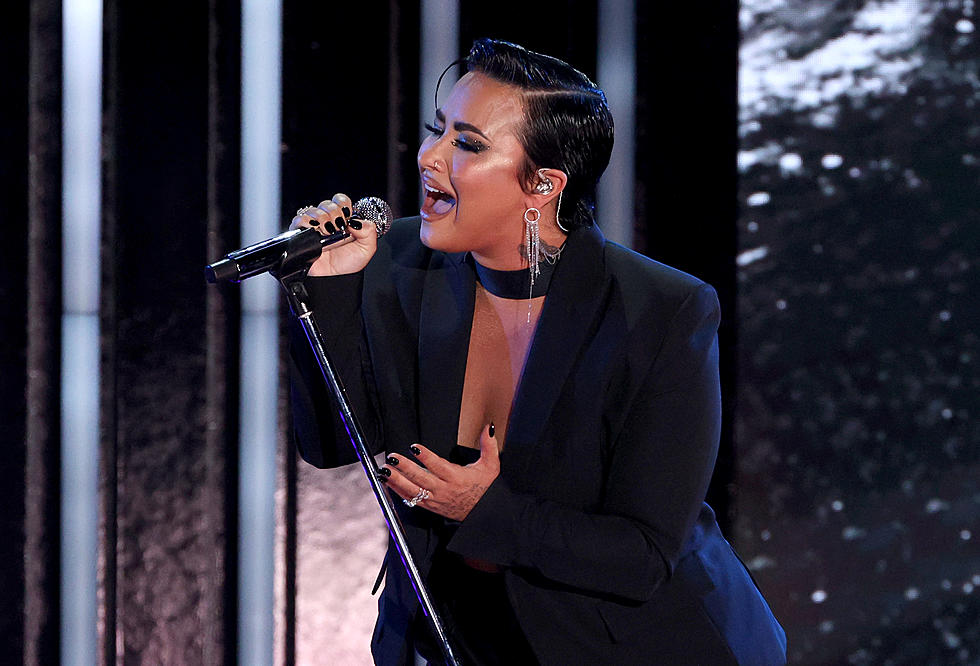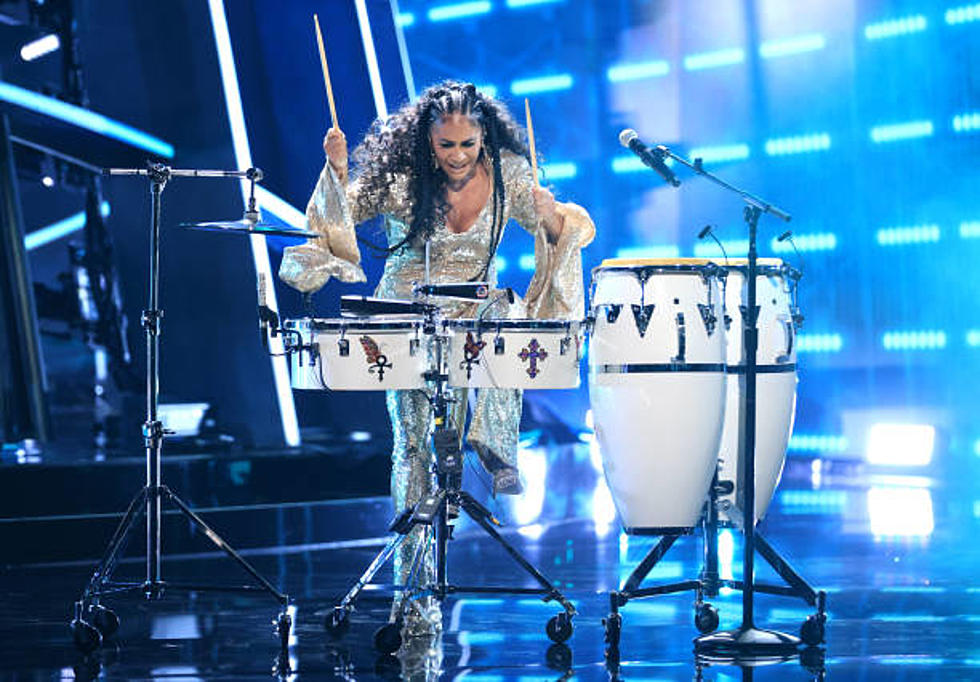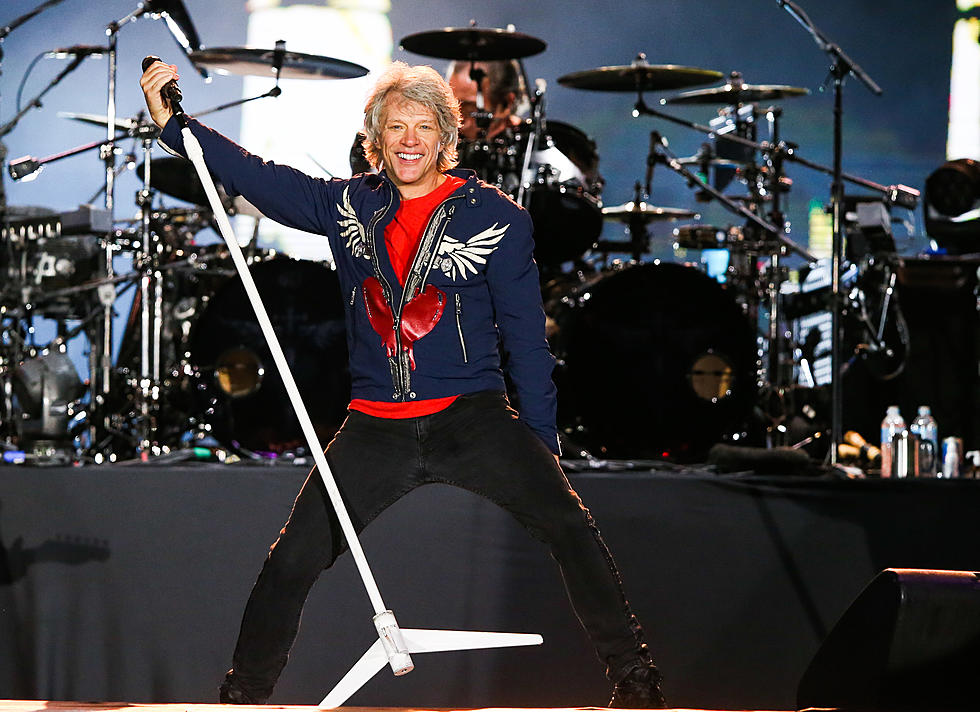
5 Controversial Versions of the National Anthem to Hear This 4th of July
It’s no secret that “personalized” adaptations of “The Star-Spangled Banner” caused waves of controversy over the past few decades. While many Americans are quick to recall celebrity performances like Roseanne Barr’s 1990 off-key rendition before a San Diego Padres game (followed by spitting and crotch-grabbing), the shock from provocative covers by musicians has faded in recent years. As it turns out, many of these versions are now celebrated by Americans and even became customary to hear on the Fourth of July holiday. Here are the top five controversial versions of Francis Scott Key’s War of 1812 poem performed by musicians:
- 5
Steven Tyler — 2001 Indianapolis 500
Aerosmith lead singer Steven Tyler experienced a lot of backlash after he took artistic license to the extreme while performing the national anthem at the pre-race ceremonies. He began the song with a harmonica solo and tossed the instrument toward the crowd and finished it singing acapella. Tyler also revised the last line from “… the home of the brave” to “… the home of the Indianapolis 500.” As Aerosmith was beginning their Just Push Play Tour at the time, Tyler apologized for his performance and stressed he had no bad intentions.
“I’m very proud to be an American, and live in the home of the brave,” he said.
- 4
Whitney Houston — 1991 Super Bowl XXV
While Americans didn’t negatively receive Whitney Houston’s version, her national anthem performance before Super Bowl XXV at the now-demolished Tampa Stadium gained a lot of attention because of how well she sang it. “The Star Spangled Banner” was released as a charity single to raise funds for families of soldiers involved in the Persian Gulf War.
After the September 11, 2001 terror attacks, Arista Records re-released the single, and Houston donated her share of the royalties to firefighters and victims of the attacks. She became the first musician to take the national anthem to the U.S. Top 10, and the single was her last U.S. Top 10 hit during her lifetime.
- 3
Marvin Gaye — The 1983 NBA All-Star Game
Marvin Gaye’s comeback hit “Sexual Healing” was inescapable in 1983 when he was asked to perform the national anthem at the NBA All-Star Game. Not many people recognized Gaye’s cocaine addiction making his life fall to pieces, but no matter how bad his personal life was, he found a way to get himself together when he entered the spotlight.
Gaye’s stripped-down version accompanied by a melodic drum machine beat was not appreciated at the time. Former Lakers Promotional Director Lon Rosen said CBS and league officials were angry with the performance, and some booed. This was one of Gaye’s last great moments, and it wasn’t truly appreciated until a little less than a year later, when his own father killed him.
Note: The video is from a different national anthem performance Marvin Gaye did in 1979
- 2
Jimi Hendrix — Live at Woodstock 1969
At the 1969 Woodstock music festival, Jimi Hendrix’s solo guitar performance was captured on the documentary film of the spectacle. Hendrix reinvented the national anthem as a showcase for what could be done with high-volume electric guitar distorted regressions, mimicking the “rockets” and “bombs” from the anthem’s lyrics. His riffs and distortion were also interpreted as weapons explosions and bombs dropping from the sky, such as with the Vietnam War.
When he was asked whether his version was blasphemous shortly after the Woodstock festival on The Dick Cavett Show, Hendrix said that simply wasn’t the case.
“I thought it was beautiful,” he said.
- 1
Jose Feliciano — Game 5, MLB World Series 1968
Those that don’t recognize his name will certainly recognize his voice once they hear “Felíz Navidad” around Christmastime.
On October 7, 1968, at the height of protests against the Vietnam War, Feliciano was given the opportunity to perform "The Star-Spangled Banner" at Tiger Stadium in Detroit during the Game 5 pre-game ceremonies of the 1968 World Series. His personalized, slow, Latin jazz performance proved highly controversial. As a result of his unusual delivery, many radio stations refused to play his songs and his career stalled for almost three years.
While most people today would find nothing wrong with Feliciano’s version, it was the first “personalized” version of the national anthem ever performed publicly. In October 2006, he told NPR that he was proud he opened the door for future interpretations of “The Star-Spangled Banner.”
More From 92.7 WOBM









